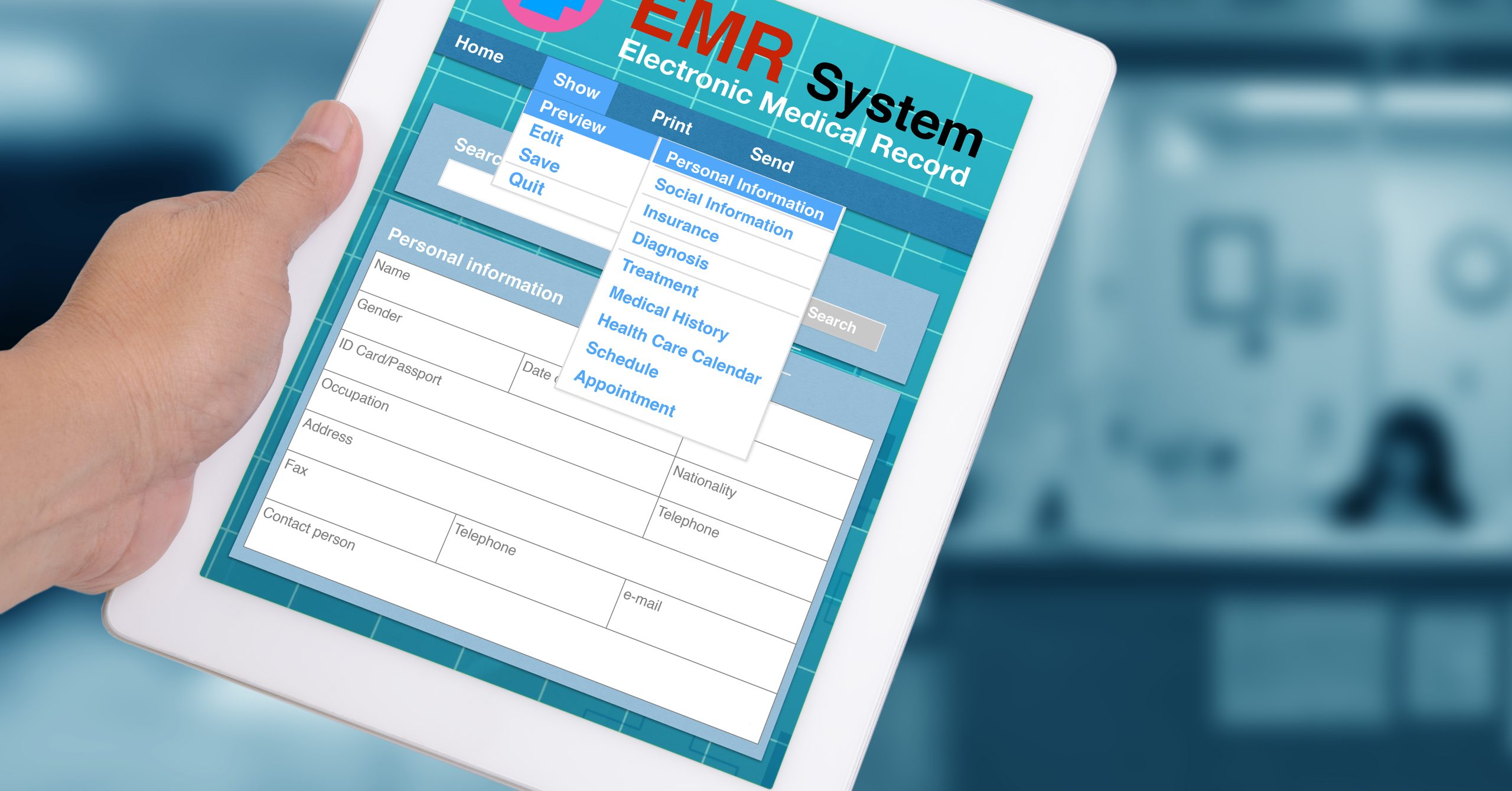- Home
- About Us
- EMR Features
-
-
- EMR Features
-
- Patient Health Features
-
- Clinic Features
-
-
- Specialties
-
- Blog
- Contact Us
Alembico EMR : Now SOC 2 compliant and ISO13485 certified
Why Switching to Online Medical Records in Ontario is Essential for Your Practice

Have you ever thought about how much time and effort your practice could save by moving from paper records to digital ones? In the rapidly evolving world of healthcare, embracing technology is no longer optional—it’s essential. For doctors and physicians in Ontario, the shift to online medical records can make a significant difference. With the increasing requirements of OHIP in Ontario, transitioning to digital solutions ensures that your practice stays efficient and compliant. Let’s explore why making this switch is crucial for your practice.
The Need for Digital Transformation in Healthcare
As healthcare demands grow, practices need efficient ways to manage patient information and streamline operations. Leveraging online medical records in Ontario helps practices meet these demands by enhancing efficiency, improving patient care, and ensuring compliance with regulations. Let’s dive into the specific reasons why adopting EMR in Ontario is a smart move for your practice.
Increasing Efficiency in Daily Operations
Switching to online medical records can greatly increase the efficiency of daily operations in healthcare practices. This digital transition not only simplifies routine tasks but also minimizes errors and saves time. Here are some specific ways online medical records enhance efficiency:
- Automation of Routine Tasks: Automates scheduling, registration, and billing, reducing the workload on staff.
- Minimizing Administrative Burden: Moves tasks like record-keeping to a digital platform, reducing reliance on paper and cutting down on errors.
- Streamlining Workflow: Improves overall workflow efficiency, allowing healthcare providers to spend more time with patients.
- Quick Access to Information: Provides instant access to patient data, facilitating faster and more accurate decision-making.
Enhancing Patient Care Quality
Online medical records also play a vital role in improving patient care quality. With immediate access to comprehensive patient histories, healthcare providers can make more informed decisions, leading to better patient outcomes. Features like patient portals further engage patients, allowing them to access their health records, view test results, and communicate with their doctors. This empowerment leads to more informed and satisfied patients who are actively involved in their healthcare.
Ensuring Security, Compliance, and Cost Savings
Protecting patient data is a top priority in healthcare. Online medical records offer robust security measures such as encryption and secure access controls, ensuring patient confidentiality and trust. Compliance with regulations like PHIPA and OHIP in Ontario is critical, and EMR systems help meet these standards, reducing the risk of non-compliance. Additionally, transitioning to digital records reduces operational costs by minimizing the need for physical storage and cutting down on administrative expenses. Improved billing accuracy also leads to better financial health and enhances patient trust with transparent billing processes.
Elevate Your Practice in Ontario with Alembico EMR!
Switching to online medical records isn’t just about keeping up with technology—it’s about improving the way you deliver care. By enhancing efficiency, improving patient engagement, ensuring data security, and cutting costs, EMR in Ontario is a vital tool for any modern healthcare practice.
Are you ready to elevate your practice? Transitioning to online medical records can transform how you manage patient care and streamline operations. Take the next step and explore how these systems can benefit your practice today.
Tags: EMR in Ontario, OHIP in Ontario, online medical records in Ontario



